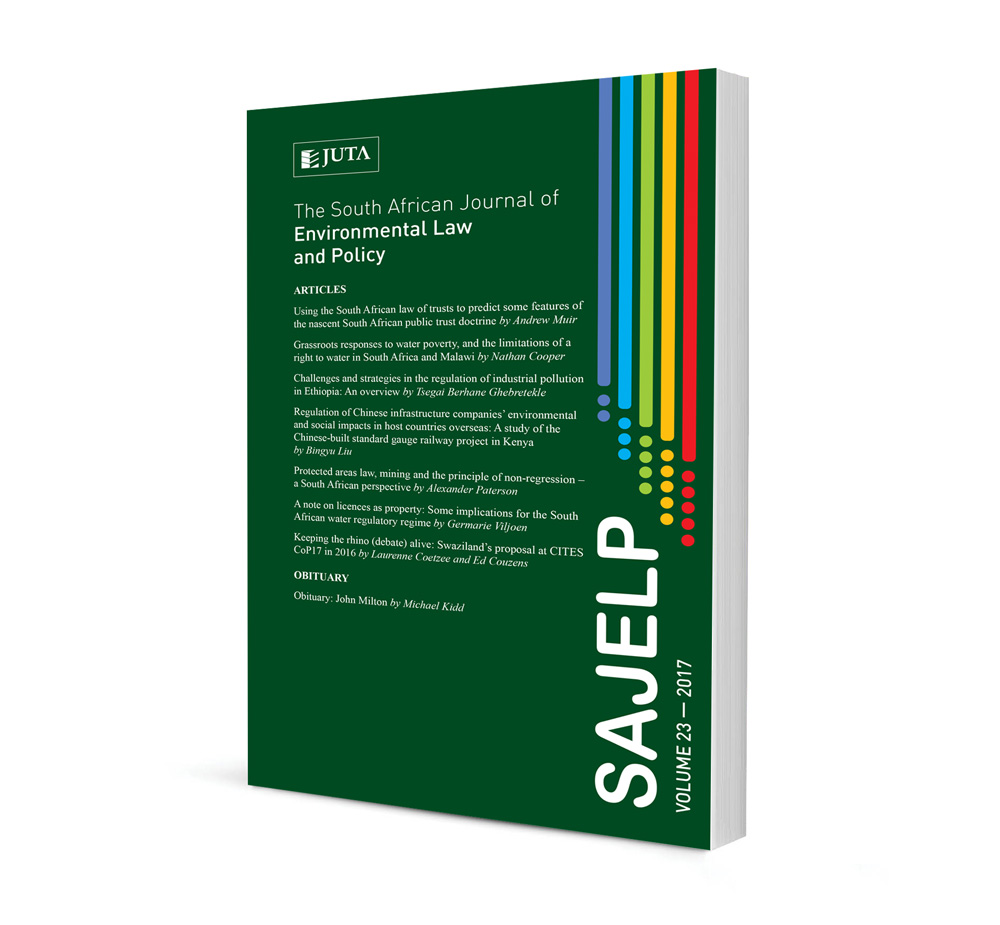Basson v Hollard Life Assurance Company Ltd [2018] 4 All SA 77 (GJ)

Basson v Hollard Life Assurance Company Ltd [2018] 4 All SA 77 (GJ)
Authors Daleen Millard
ISSN: 2517-9543
Affiliations: Department of Private Law, Law Faculty, University of Johannesburg
Source: Juta’s Insurance Law Bulletin, Volume 22 Issue 1, 2019, p. 25 – 28
Abstract
None
